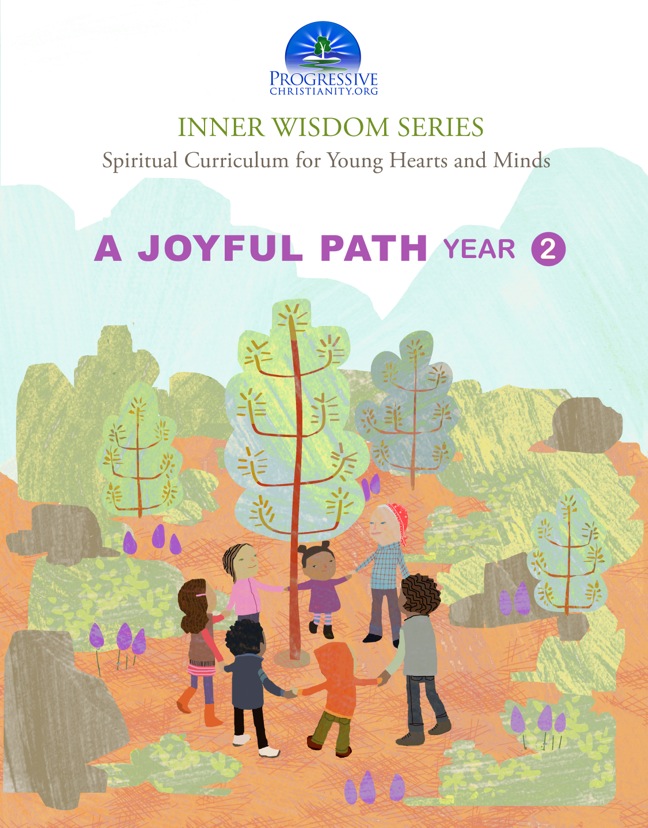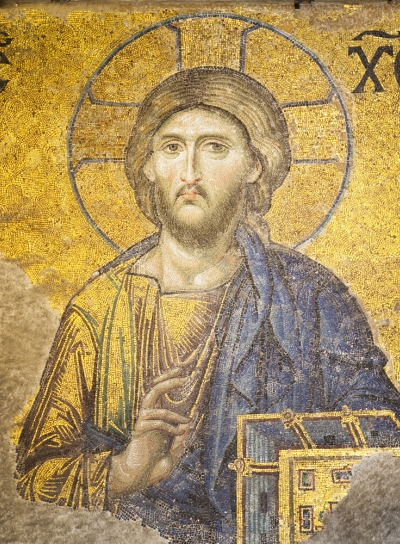In A Joyful Path, Year Two, we focus on some of the main tenets of Progressive Christianity and Spirituality, giving our children the foundation they need to walk the path of Jesus in today's world. It has stories and affirmations written to help children clarify their own personal beliefs while staying open to the wisdom of other traditions.
Pluralism challenges us to move beyond all four of these responses to the other. As Pete puts it, “… in a genuine encounter with the other, at first I see you as weird and monstrous.
We have barely begun to deal with the fundamental changes that must be effected within our Christian faith. – John Cobb(1) So
most free online
These curricula can be used with a broad range of constituencies including schools, youth groups, universities, community groups and grassroots interfaith organizations. And these resources address a broad range of issues including education, social justice, ecology, peace-building, conflict-resolution, spirituality, diversity and global consciousness.
Satire and Blasphemy in the Teachings of a Galilean Sage
Radical religious extremists with a distorted view of Islam commit horrific acts of terror, executing the staff of a small satirical French publication. The satirists had dared to depict the Prophet Mohammed in cartoon caricature; all the while lampooning those misbegotten adherents who in turn regard such irreverent acts as blasphemous. The Western world reacts with outrage and defiance to such an affront. World leaders join a million person protest and unity march through the streets of Paris, chanting “Je Suis Charlie,” in defense of freedom of speech, and on behalf of the publication’s name. While a clear distinction might be drawn between the use of words and the vehement reactions they may incite, more profound underlying questions remain. While anti-blasphemy laws are common in Muslim countries, countless other "secular" countries have laws against the defamation of religion, as well. Once the dust settles and more thoughtful discussion ensues, one might ask what constitutes the differences between hate speech and freedom of expression? This commentary consider s esus' use of what was deemed blasphemous satire, it's intended purpose, and well-known consequences.
Wisdom from 13 Traditions on 9 Universal Themes: Justice, Gratitude, Peace, Service, Compassion, Forgiveness, Healing, Nature, Prayer
We are here to praise and enjoy God with body and soul, mind and heart, with song and word, with hands and feet. We are here to give because of the abundance God has given us, to share with each other, and to receive, because God has created us to depend on each other. We are here to celebrate the differences that otherwise might divide us: differences of age, of body, of culture, of opinion, of ability, of religious conviction. We are here to put things in perspective: to celebrate what matters, to laugh about things we take too seriously, to cry about things that truly touch our hearts. So may it be this morning: Amen!
If there is one overarching characteristic of a fundamentalist, it is a mindset fixated on certainty of truth, that one possesses the absolute truth, the Bible. My faulty logic went something like this: since God is an absolute being, His word is then absolute and since the Bible is God’s word, it is absolute and since I have God’s word in my hand- I possess absolute truth. There is no arguing with that kind of mindset. Oh, by the way, it was only a short step in the flow of the logic when I began to unconsciously view myself as god-assuming I possessed all the answers and everyone else was wrong.
All religions are the product of a culture's attempt at expressing their most closely held beliefs, values and the morals they want to pass on to the coming generation. We should no more say that one religion is better than another than we would claim that one language is superior to another or that my favorite music is "right" any everyone else's favorite music is "wrong." There are healthy and unhealthy religious beliefs and practices but in the 21st century we need to learn from one another and challenge one another to repent of our prejudices, oppressive practices and out dated values so that we can all become the best Jews, Christians, Muslims, Buddhists, Hindus, etc. that we can be.
Second, both Albert's sought a grand theory. Einstein, a "theory of everything" or the "unified field theory" of physics; Schweitzer the common, most basic ethic for all cultures and humanity. He felt he had discovered it while pondering and traveling (at the key point of insight, on a river amid a herd of hippopotamuses at sunset. One is again reminded of Einstein's insights sometimes coming amid his imaginary "thought experiments"). The by-then double-doctor (PhD, MD), Schweitzer, reports he had been pondering and writing notes, "....struggling to find the elementary and universal concept of the ethical that I had not discovered in any philosophy..." Then, quite suddenly, "... there flashed upon my mind, unforeseen and unsought, the phrase : “Ehrfurcht vor dem Leben” [“Reverence for Life”]. The iron door had yielded. The path in the thicket had become visible.”
If the new "Papa Francisco" (has a nice ring, huh?) can inspire us all, Catholic or not, to greater dedication to the Gospel of Jesus he will have bolstered our faith (in God and/or humanity) and created a better world. (In this I think the non-religious can be included as well, if they are willing.... I'm not at all far from them myself.)
Jerusalem, Now and When?
Why would a Jewish American doctor risk serving the medical needs of Palestinian children in the occupied territories of the West Bank?
Wisdom & Foolishness in the Perennial Tradition
Wisdom is often mistaken as knowledge, prudence or pragmatism; whereas foolishness is equally regarded sometimes to be the kind of fool-hearted thing Jesus would have characteristically espoused with many of his confounding ideas about God, God’s ways and how we ought to treat one another. Truth be told, there are plenty of people who consider themselves much too smart to take seriously some of the darn fool things Jesus actually said and meant. But Jesus was no ordinary fool. A Words and Ways Commentary by John Bennison.




















